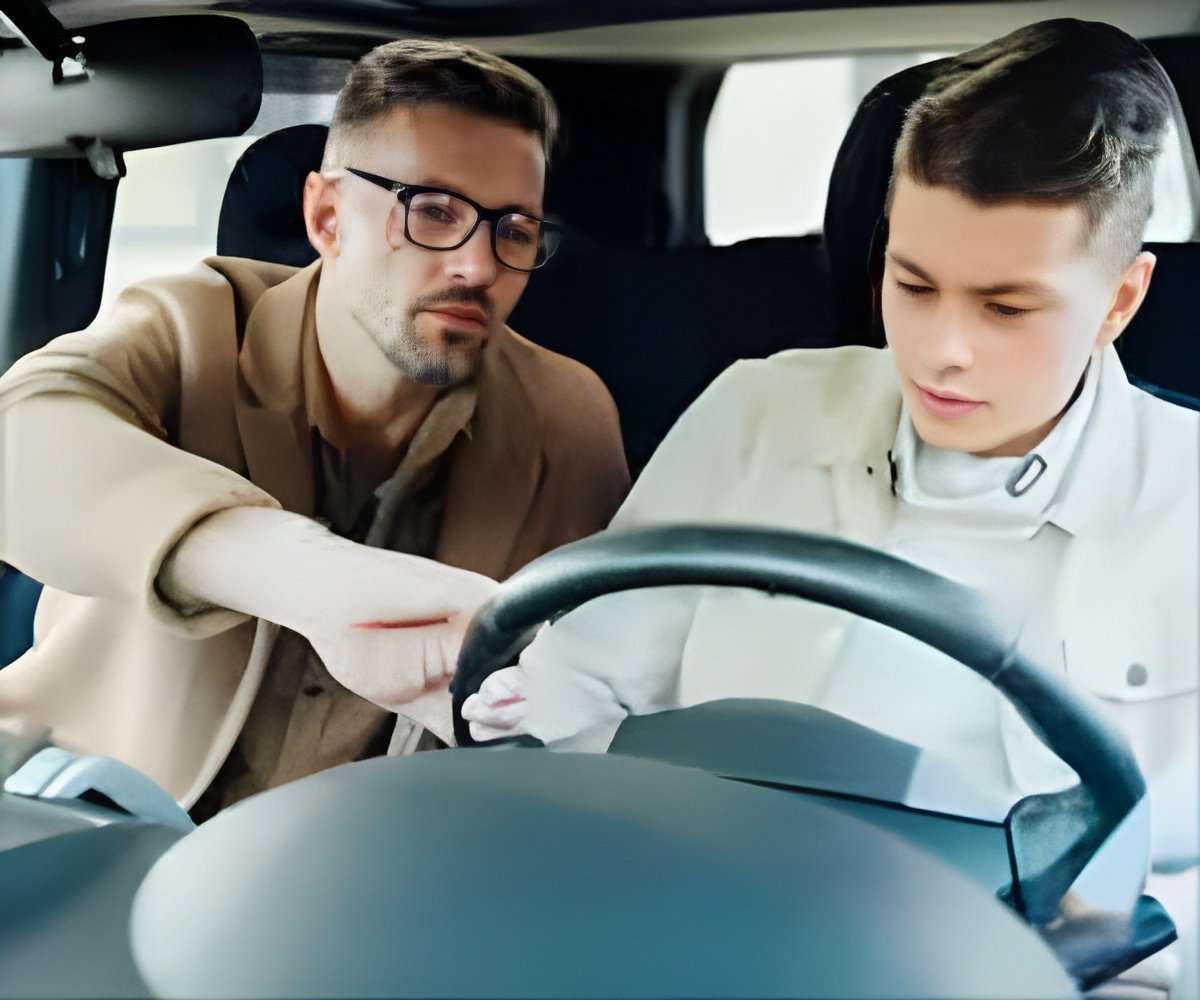
‘Can autistic teens drive? Adolescents with autism spectrum disorder (ASD) need more parental support to learn driving.’
Read More..Tweet it Now
Driving instructors also emphasized the need to develop and refine best practices to guide assessment and delivery of highly individualized instruction for autistic adolescents.Read More..
The study was conducted by a multidisciplinary team of researchers from CHOP's Center for Injury Research and Prevention, Center for Autism Research, and Division of Emergency Medicine, as well as the University of Pennsylvania School of Nursing and the Virginia Tech Transportation Institute (VTTI), as part of a five-year study aimed at understanding mobility issues for autistic adolescents funded by the Eunice Kennedy Shriver National Institute of Child Health and Human Development (NICHD) at the National Institutes of Health (NIH). This is the first paper published as part of the study.
"Through our interviews with specialized driving instructors, we learned they believe parents are a critical partner in preparing for and undertaking independent driving," said Rachel K. Myers, Ph.D., lead author of the study and scientist at the Center for Injury Research and Prevention at Children's Hospital of Philadelphia (CHOP).
"Instructors recommend that parents help their children develop independent life skills, including the use of alternative forms of transportation such as bicycling or mass transit, and to practice pre-driving skills, such as navigation, before undertaking on-road driving lessons."
Driving instructors are an important resource for families, especially for those with autistic adolescents learning to drive. However, because not much is known about the specific experience of teaching autistic adolescents how to drive, this limits the ability to provide adolescents and families with proper guidance preparing for the learning-to-drive process.
Advertisement
The study revealed a set of common themes that underscored the importance of parents of autistic adolescents in preparation for the learning-to-drive process, with driving instructors viewing parents as essential partners in supporting their efforts in teaching driving skills and promoting independence.
Advertisement
Although the driving instructors identified a need to develop and refine best practices for assessment and instruction, they recognized that specific approaches must be tailored to meet the unique needs of each autistic adolescent driver, reflecting the spectrum that affects each adolescent differently. Other suggestions from the instructors involved in this study included using of state-level vocational rehabilitation services to provide financial support for instruction, identifying and promoting prerequisite life skills prior to undertaking driving, parent-supervised driving instruction in partnership with professional driving instruction, and tailoring instruction to address the particular needs of learner drivers.
"What these specialized driving instructors told us about the disconnect between driving and other life skills was surprising," said Benjamin E. Yerys, Ph.D., study author and psychologist at the Center for Autism Research at Children's Hospital of Philadelphia.
Source-Eurekalert









